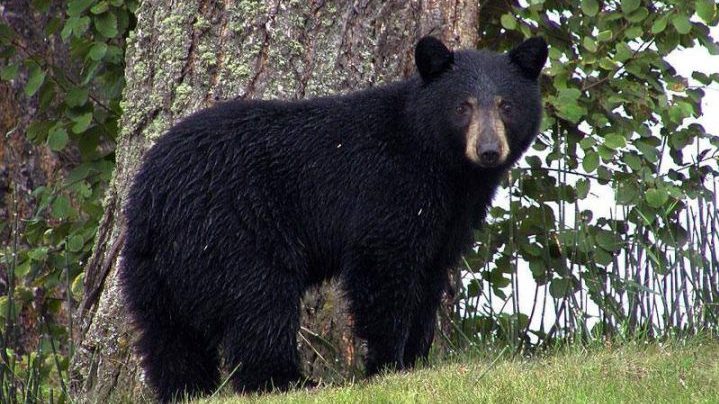Some First Nations around southern Saskatchewan are expressing their concerns about what they believe, is an “increase” in black bear traffic.

A number of residents living on Cowessess, Kahkewistahaw and Ochapowace First Nations have reported multiple sightings.
“Bear sightings and reports have been higher than normal this spring. We don’t have total data on how much bears are in our area, but we know we have above average right now,” said Cadmus Delorme, Cowessess First Nation chief.
“Food is what they seek and the natural food they find on the land is still there, but it’s the other foods in our waste.”
The Saskatchewan government said they can’t’ confirm if, in fact, there are more bears than usual in the area, but says the province does have a healthy bear population.
“It’s certainly not unusual to see bears in the wild at this time of year and there’s a chance their natural food supply isn’t readily available due to the dry conditions the province is experiencing,” said Bill Zimmer, Ministry of Environment.
“They start to seek out other food sources and often times they will encroach on human areas.”
There about 200 homes in Cowessess, all equipped with outdoor garbage bins.
- What is a halal mortgage? How interest-free home financing works in Canada
- Capital gains changes are ‘really fair,’ Freeland says, as doctors cry foul
- Ontario doctors offer solutions to help address shortage of family physicians
- Canada will take bigger economic hit than U.S. if Trump wins election: report
“The community has done collective action as well as we have been asking homes to take individual action to make sure their garbage’s are cleaned out,” Delorme said.
Zimmer said removing attractants from residential areas is the number one method of prevention.
“It can be food supplies, garbage and sometimes its bird feeders, anything that will attract bears to those areas needs to be removed,” Zimmer said.
In extreme situations, Zimmer said bear traps would be set up, and once trapped, the bears would either be relocated or in severe cases euthanized.
“It’s not something we condone, it’s not something we want to do, but sometimes with respect to public safety, that’s what we have to do,” Zimmer said.
Delorme said none of the sightings have resulted in aggressive behaviour from the bears and would like to see them safely sent on their way.
“We’re just collectively trying to respect our area, and respect their area.”




Comments